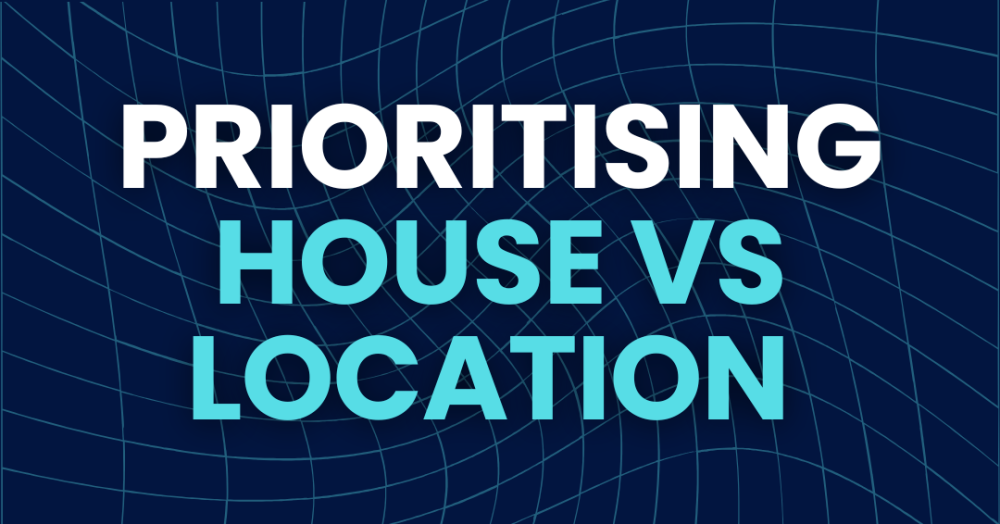Buying a home is one of the biggest financial decisions most people will ever make. In the UK, where property prices vary dramatically between regions, the age-old debate of location vs. the house itself is a common dilemma. Should you compromise on the property to secure the best location, or should you prioritise the perfect home, even if it mean
Why Location Matters
The phrase "location, location, location" exists for a reason. Where you choose to live affects everything from your commute to work to your access to schools, shops, and green spaces. Here’s why location should often be the top priority:
1. Property Value & Investment Potential
Homes in sought-after locations, such as London, the Home Counties, or affluent areas like Bath and Cambridge, tend to hold their value and appreciate over time. If you're thinking about resale value or buy-to-let potential, choosing a good location can be a smarter long-term investment.
2. Commute & Transport Links
The UK’s transport network is a mixed bag—some areas have excellent train connections, while others are car-dependent. Living in a well-connected location can save you hours of commuting each week, making your day-to-day life much easier.
3. Schools & Family Life
For families, being within the catchment area of a top-rated school (as per Ofsted reports) can significantly impact their decision. Homes in areas with outstanding schools, like parts of Surrey or North London, tend to have strong demand.
4. Safety & Community
Crime rates vary widely across the UK. A desirable neighbourhood with a strong sense of community, low crime rates, and good local amenities can enhance your overall quality of life.
Why the House Itself Matters
While location is crucial, a house is where you’ll spend most of your time. If the property doesn’t meet your needs, you may regret your decision, no matter how great the area is. Here’s why prioritising the home itself can make sense:
1. Space & Comfort
In areas like London, you might find yourself paying a premium for a small flat when, for the same price, you could get a spacious house in a less central location. If space, garden access, or a home office is essential, you might need to compromise on location.
2. Condition & Renovation Costs
A fixer-upper in a prime location can seem like a great idea, but renovation costs in the UK can quickly add up. If a home is structurally sound, energy-efficient, and modern, it may be a better financial choice than an older house in a prestigious postcode.
3. Lifestyle & Personal Preferences
Do you want a period property or a modern new-build? A countryside retreat or a city apartment? Sometimes, personal lifestyle choices mean the home itself is more important than its location.
Finding the Right Balance
For most buyers, the ideal scenario is a balance between a great location and a comfortable home. Some factors to consider:
- Up-and-Coming Areas – If budget is a concern, look for locations undergoing regeneration (e.g., parts of East London, Manchester, or Birmingham). These areas often offer a compromise between affordability and future growth.
- Compromise on Size or Features – If location is a top priority, consider a smaller or older home that can be renovated over time.
- Transport Over Proximity – Sometimes, a home further from the city centre with excellent transport links can be just as convenient.
Conclusion
In the UK, the best approach depends on your personal circumstances. If investment potential and convenience are key, prioritising location is wise. However, if space, comfort, and affordability matter more, focusing on the property itself may be the better choice. Ultimately, finding the right balance between the two is the key to making a smart and satisfying home purchase. Let us help you find the perfect house for you, give us a call on:
0121 681 6327
